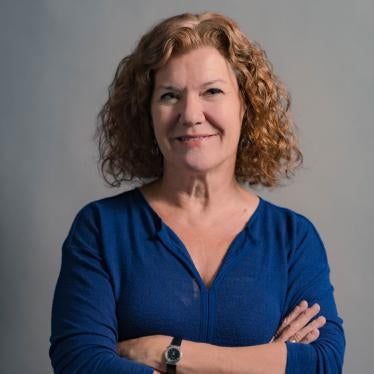Three recent independent reports have made a compelling case for Uganda to invest in pre-primary education.
In June 2024, the Initiative for Economic and Social Rights (ISER) and Human Rights Watch (HRW) published a study on access to pre-primary education (or nursery) in Uganda, based on interviews with over 100 parents, teachers, children, and education officials around the country. The groups found that without access to government-funded nursery, the cost of pre-primary education is an insurmountable barrier for most Ugandan families. The result includes poorer performance in primary school, higher repetition and drop-out rates, and widening income inequality.
In a second report, the Education Policy Review Commission (EPRC) in January 2025 concluded that the best investment any country can make is in early childhood, as experiences in the first six years shape a child’s coping skills and competence for life. The Commission said that investing in the early years is not only in the best interest of children, but is also key to developing Uganda’s human capital.
The third report, published in February by the World Bank, also makes a clear economic case for Uganda to invest in early childhood development, including free nursery. Like the EPRC, the World Bank said that Uganda’s future prosperity depends on human capital—people’s knowledge and skills—and pre-primary education is among the most effective and cost-effective investments it can make.
During a child’s early years, brain development is at its highest, and critical cognitive, social, and emotional skills are being developed. Children who have access to learning during this period experience profound long-term benefits, including better health and future educational attainment, better employment, and higher earnings.
Yet the state of pre-primary education in Uganda today is both inequitable and inefficient, all of the groups found. The annual fees for just one child at a private nursery in many cases are several months’ average salary, so most children from low-income families miss out.
A subsistence farmer in Omoro district interviewed for the ISER-HRW report said, “I always struggle to find the money. For some of my children, they did not finish all the levels because I could not afford fees for every term.” An electronics businessman in Mukono district said that his child had been sent home from nursery school when he was unable to pay the fees on time. A mother of eight borrowed money to pay pre-primary fees for her children, and said she had no idea how she would repay the debt.
The EPRC found that Uganda performs poorly compared with other East African countries that offer pre-primary education. In both Kenya and Tanzania, pre-primary education is free and compulsory. Other African countries providing at least one year of free pre-primary education include Sierra Leone and Madagascar, while Ghana has guaranteed two years of free and compulsory pre-primary education since 2008. Benin has offered two free years since 2006. Gabon provides three free years.
The EPRC found that leaving pre-primary education exclusively in the hands of the private sector perpetuates waste at the primary education level as underage children enroll early in public primary school before they are ready, with many having to repeat the grade. Other studies have found that children who miss out on nursery are more than twice as likely to repeat classes at the primary level as children who attend nursery.
These disparities have lifelong consequences and exacerbate Uganda’s already existing wealth inequality. Children who miss out on foundational skills in pre-primary may never catch up to their peers. This is not only costly for children and their families, but for Uganda’s future development. UNICEF estimates that without free pre-primary education, Uganda will lose 170 trillion UGX (US$45 billion) in social and economic benefits by 2063.
Investing in government-funded pre-primary education provides enormous returns. A recent cost-benefit analysis finds that every shilling invested in scaling up pre-primary education in Uganda will bring 16 shillings in benefits, by increasing children’s lifetime earnings, reducing repetition rates in primary school, and increasing the income of caregivers who are freed up for additional economic activity. Studies show that investments in pre-primary education also reduce public service expenditures in law enforcement, medical care, and the justice system, and reduce rates of child marriage, child labor, and teenage pregnancy.
Just like ISER and HRW, the EPRC recommended that the government should provide one year of free pre-primary with the option of integrating nursery within existing public primary schools to minimize costs. This would ensure financial efficiency and equitable access for all learners.
The Ugandan government has a unique opportunity to act now. The World Bank notes that the cabinet’s adoption in May 2024 of a new policy on early childhood care and education is a “potential game-changer,” positioning the government to introduce a year of quality, government-funded pre-primary education. In addition, Uganda is on the cusp of a unique “demographic dividend,” with lower birth rates and a larger pool of workers allowing for greater investments in human capital, driving future economic growth and prosperity.
Ugandan children’s access to nursery should not depend on their parents’ ability to pay fees. Now is the time to invest in free, government-funded pre-primary education to create a better future not only for children, but for all Ugandans.
Angella Kasule Nabwowe is the executive director of the Initiative for Social and Economic Rights. Jo Becker is the children’s rights advocacy director for Human Rights Watch.









